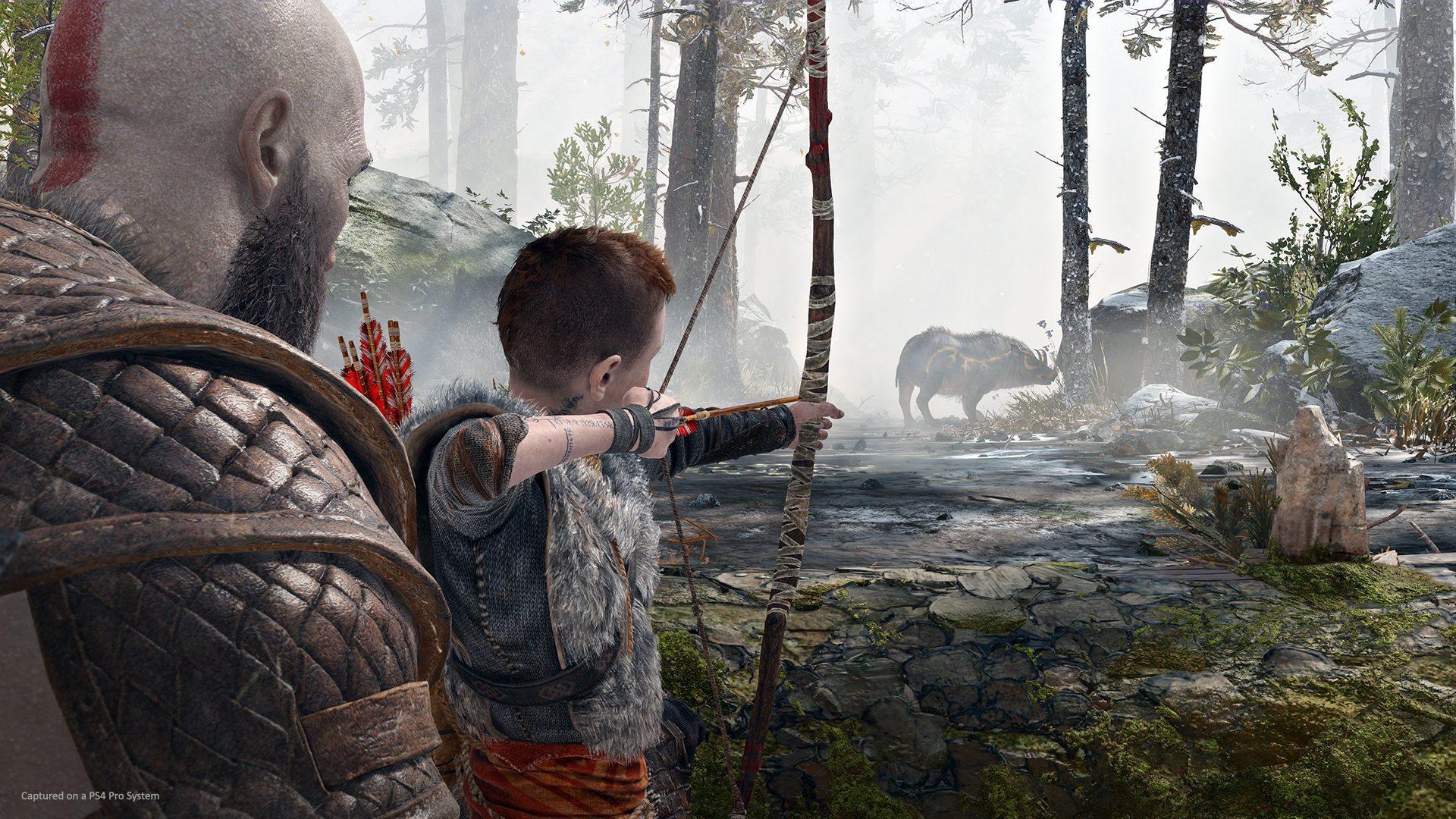God of War review: A stunning technical achievement only rivalled by the masterpiece of its world
You will ask yourself some of the most profound questions there are. And then you'll get back to killing

Your support helps us to tell the story
From reproductive rights to climate change to Big Tech, The Independent is on the ground when the story is developing. Whether it's investigating the financials of Elon Musk's pro-Trump PAC or producing our latest documentary, 'The A Word', which shines a light on the American women fighting for reproductive rights, we know how important it is to parse out the facts from the messaging.
At such a critical moment in US history, we need reporters on the ground. Your donation allows us to keep sending journalists to speak to both sides of the story.
The Independent is trusted by Americans across the entire political spectrum. And unlike many other quality news outlets, we choose not to lock Americans out of our reporting and analysis with paywalls. We believe quality journalism should be available to everyone, paid for by those who can afford it.
Your support makes all the difference.God of War is hard. It’s hard because it requires just about every skill you might have to show in a game – combat, cunning, puzzle-solving and more – and even if you have them you’re still going to struggle. But it’s hard to play, too, not just to win; it pushes you through a struggle that touches on both the most intimate of relationships and pushes them through the biggest tests.
God of War is good. It’s good because it is one of the most beauto. But it’s good because it is a violent game that is also a profound one, that raises questions about sacrifice, struggle and family and forces you to come up with answer.
All of this is clear in the game’s central mission. You are Kratos, the eponymous god of war, struggling, fighting and killing through the world of Norse mythology this time, rather than ancient Greece. You have to fight your way through along with your son, Atreus, so that you can together scatter your dead wife’s ashes from a far distant mountain. Not everything goes to plan, and you are forced to meet – and often fight – spectacular enemies plucked up from myth.
But none of this is what hits you first. The experience of firing up the game is of its sheer physicality: the control system and the finely realised graphics collude to make a world that is just incredibly fun to inhabit. Almost all of the game is played by throwing or slinging your axe – if you’re not chucking it around, then something has gone wrong – but there’s no sense in which that is dull or repetitive simply because that axe is just such a joy to throw.
The same is true of everything else in the world. Bridges clunk down to the ground with a satisfying thud, enemies are seen off with a magical combination of light and sound that makes it feel like a transcendent achievement each time. The full power of the PlayStation is harnessed to create a world that feels fascinatingly real.
The same is true of the less action-packed parts of the game, which see you row and walk your way through the game’s huge and ancient world. At times you wish that you didn’t have to kill quite so often so that you could appreciate the splendour of the nature, buildings and culture that surround you – but the killing is fun enough to make you forget that.
As you progress, the full depth of that beautiful world becomes clear, in addition to its stunning beauty. The story might be fairly familiar at this point – gods, wars, dead wives and missions – but the world of Norse mythology that surrounds you is so utterly entrancing that everything feels beautifully fresh and new. The decision to drop the numbers or subtitles from the game’s name is vindicated – everything is reinvented and new, and what remains is both fitting tribute and entire reimagining.
Kratos has never been an especially deep person; God of War never an especially deep game. It was incredible fun, but it’s galumphing main character served as a demonstration of the series’ single-minded focus on how angry he was. In this new game, he is fully and deeply realised; he’s still very good at beating people up in the most violent way possible, but his reasons for doing so are far more profound and touching than they have ever been before.
And it’s here that just how hard this game will be becomes clear. Because it is not really a game about battling undead monsters or beating back the forces of evil at all – it’s a game about doing that with your son. It’s this relationship that elevates the game from being another hack-and-slash title – albeit one of the best ever made, with that hacking and slashing feeling both satisfying and terrifying – into a journey that leaves you meditating on what it means to be a good parent, a good child, a good person.
The profundity of that relationship is a testament to the technical craft involved in this game, not only by its writers but also the various vibrant work that underpin it. It is a narrative and world whose stunning complexity is rivalled only by the technical achievement; a game about what it is to live well, yes, but one just as much about how to kill well too.
Join our commenting forum
Join thought-provoking conversations, follow other Independent readers and see their replies
Comments